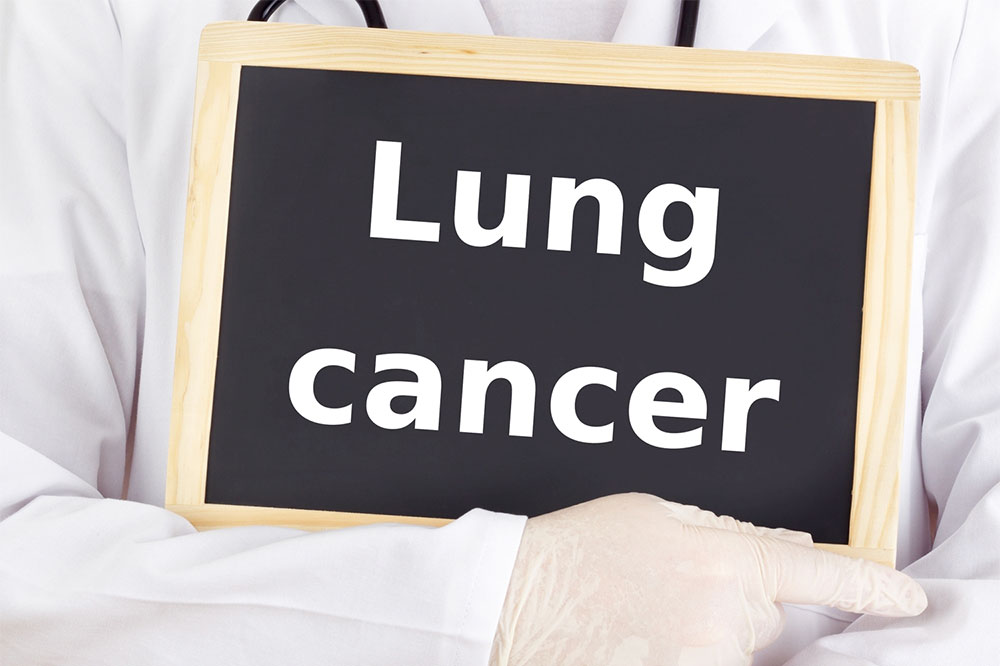
Crucial aspects to know about lung cancer
When the uncontrollable growth of malignant cells occurs in the lungs, it is referred to as lung cancer. And it’s one of the leading causes of cancer deaths worldwide. This condition can affect almost anybody, but people who are regularly exposed to smoke, chemicals, or other toxins usually develop greater risks. Herein, we take a brief look at the critical factors concerning lung cancer.
Causes
In addition to smoking, there are a host of risk factors that increase the chances of getting lung cancer, such as
- Previous radiation therapy
Radiation therapy also sometimes leads to lung cancer. If one has received radiation therapy to the chest for any other type of cancer, the risk of developing the symptoms of lung cancer can be higher. - Exposure to radon gas
Radon gas is known to aggravate cancerous growth in the lungs. It’s usually produced by the natural breakdown of uranium in soil, rock, and water and eventually becomes a part of the air one breathes. The gas particles of radon can get accumulated in any building and that includes one’s home as well. - Exposure to asbestos and other carcinogens
Workplace exposure to asbestos and other substances such as arsenic, chromium, and nickel increases the risk of lung cancer. Exposure to most types of smoke can double the risk of this condition. - Family history of lung cancer
If one has a family history of lung cancer, there is always an increased risk of the development of symptoms.
Symptoms
In the initial stages, one may not have symptoms at all even if they are diagnosed with lung cancer. However, as cancer cells grow or reach the advanced stages, one would likely see its symptoms. Some of the major signs and symptoms of lung cancer include a new cough that doesn’t go away, coughing up blood, which can be very small in the amount initially, shortness of breath, chest pain, hoarseness, losing weight without trying, bone pain, and headache.
Diagnosis
The diagnosis process of lung cancer includes both periodic screening and specific diagnostic tests. If the doctor suspects lung cancer, he or she would likely prescribe a host of tests to look for cancerous cells and to rule out other conditions. These tests include
- X-ray
It helps doctors see if the lungs reveal any abnormal mass or nodule. - CT scan
This helps determine if there are any small lesions in the lungs that might not get detected on an X-ray. - Sputum cytology
If one is suffering from persistent cough, sputum samples are collected for microscopic analysis to confirm or decline the presence of malignant cells. - Biopsy
Tissue samples are collected and various examinations are done to find out any abnormal growth A sample of abnormal cells may be removed in a procedure called a biopsy.
Treatment
Treatment of lung cancer depends on various factors like the type of infection, its location, stage, the patient’s overall health, and individual preferences. The recommended treatment options include surgery, wherein a part of or all of the lung was removed), chemotherapy, radiation therapy, targeted therapy, immunotherapy, palliative therapy, and oxygen therapy. All these treatment options come with several side effects. Hence, it’s important to discuss in detail with a doctor before confirming a treatment option.
Natural remedies, best foods, and preventive measures
In addition to regular treatment, one can look out for various natural remedies that can be helpful for treatment as well as prevention of lung cancer. These include aromatherapy, herbal supplements, regular massage, and yoga. In addition, choosing foods and planning a diet also play a key role in the prevention of lung cancer. One must try to include the foods that are good for lung health, such as beets and beet greens, peppers, apples, pumpkins, turmeric, and blueberries.
The symptoms of lung cancer are potentially fatal. Hence, early diagnosis and treatment play an important role in increasing the chances of survival.




